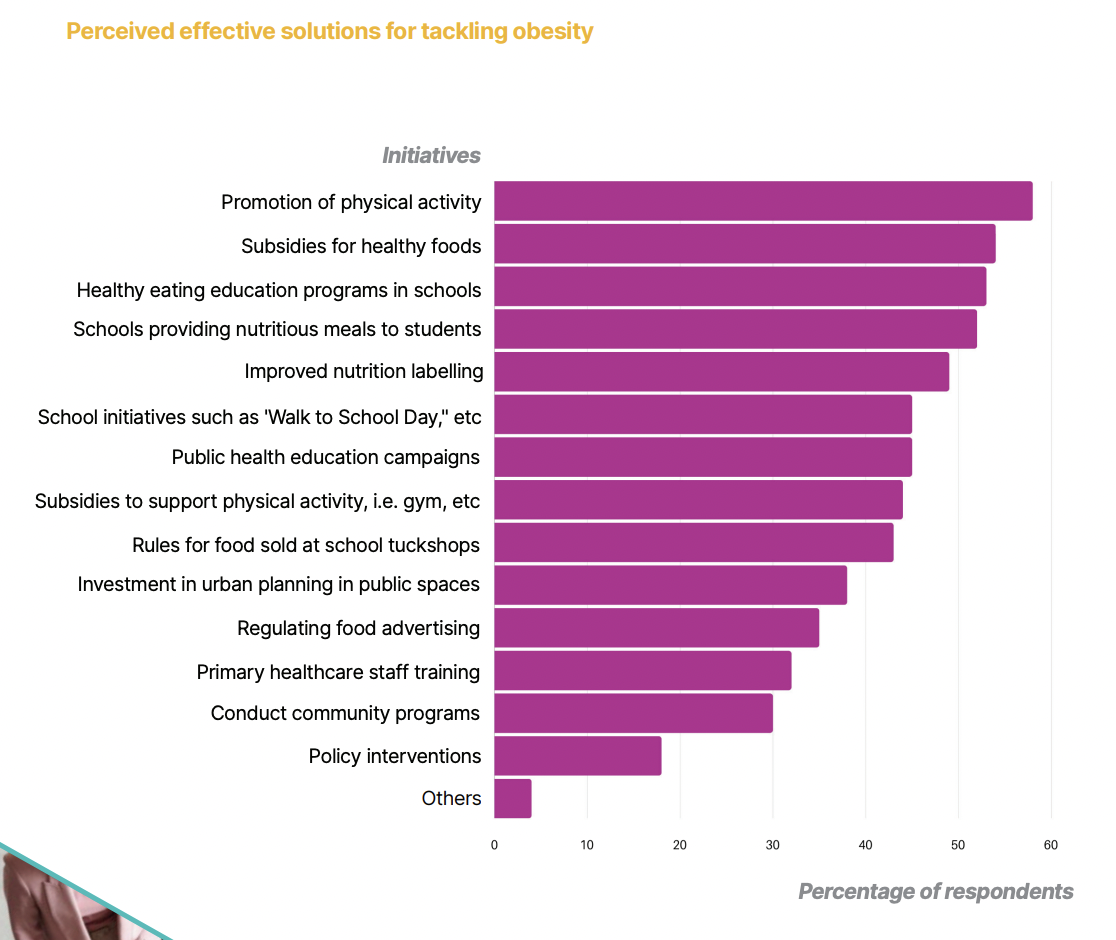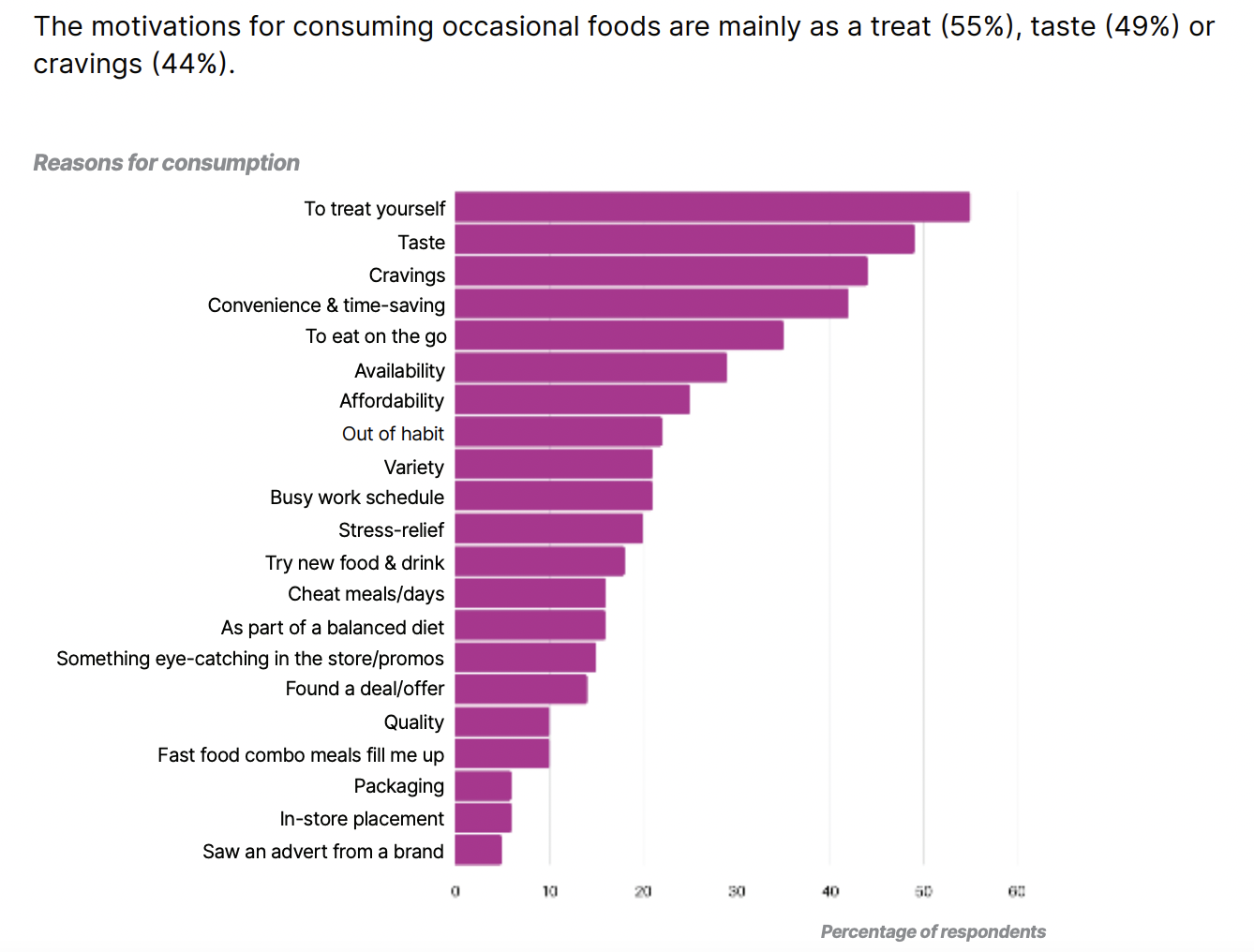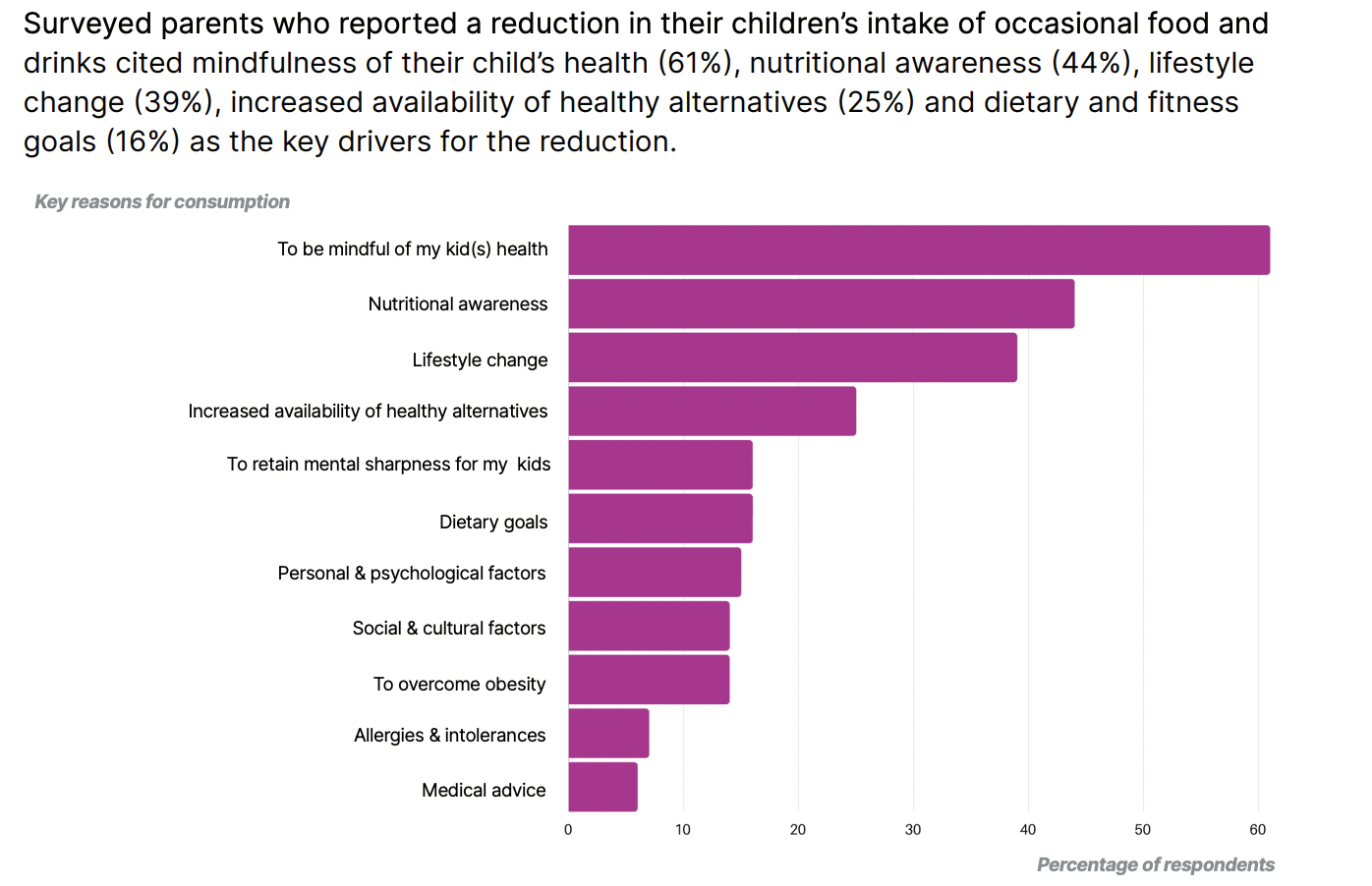
Less Than Half Of Australians Familiar With Food Advertising Regulations: AANA

Most people currently familiar with Australia’s food advertising regulations believe they are sufficient, but less than half of the population knows about them, according to new Nielsen research commissioned by the Australian Association of National Advertisers (AANA) as part of its campaign against proposed a fast food advertising ban.
While 71% of Australians are satisfied with existing regulations – which include limits on marketing to children under 15s and restrictions on outdoor ads near schools – only 44% of Australians indicate familiarity with the existing regulations.
Accordingly, the AANA is advocating for an education campaign to increase awareness of the existing rules, instead of imposing additional regulations. The research suggests Australians support this approach, preferring health education and affordable access to healthy food over tighter ad rules – 74% said these measures should be the focus. The promotion of physical activity (58%), subsidies for healthy foods (54%), school education programs (53%), schools providing nutritious meals for students (52%), and improved nutrition labelling (49%), all ranked above additional advertising regulation (35%).

When asked about the top motivators for consuming occasional foods, the fact people “saw an advert from a brand” was listed as the least impactful factor at 5%.

The ‘Navigating Food & Beverage Choices In Australia’ report, prepared for the AANA, based its findings on a study of more than 2,000 Australians aged 18–65. The report investigated the drivers behind ‘occasional food’ consumption.
Josh Faulks, CEO of the AANA, said the research is “a roadmap to drive real behaviour change around healthier eating habits.”
“It shows that Australians want health education and support to make better choices – not more advertising restrictions. The industry stands ready to partner with government and health experts to deliver campaigns that are compelling and grounded in how people live and make decisions.”
Decisions around occasional foods are less about advertising influence and more about habit, convenience, cost, and family routines, according to the data. That doesn’t mean advertising campaigns aren’t effective, but it “does show that messaging must be rooted in the pressures shaping people’s behaviour”.
Parents are the key influencers for children’s food habits. Three-quarters of parents believe they control what their kids eat, while 73% believe their own diets directly impact their children’s long-term health.

Monique Perry, managing director at Nielsen Pacific, said the research “gives health leaders, policymakers, and health campaigners a clear, data-driven picture of the pressures and habits that influence Australian food choices.”
“By grounding strategies in how people actually think, feel and act, we can create campaigns that not only resonate but truly support healthier choices for families and communities. In this instance, the Nielsen data shows that healthy routines, practical tips for busy families, and a focus on mindfulness have the best chance of cutting through."
The research adds to the AANA's lobbying efforts, with Josh telling AANA RESET earlier this year the sector "must push back" on regulatory threats, including proposed ad bans looming over categories such as gambling and fast food.
"We have all seen the proposals for ad bans -- gambling, alcohol and even food and beverages. Some have already happened in South Australia and New South Wales," he said.
"This is no longer a theoretical threat. It is real and implications for our industry are wide reaching.
"Collectively, these proposals will strip hundreds of millions of dollars from our industry and cripple the ability for some brands to advertise their products.
"This is right at the time when the economy and so many businesses are struggling. We must push back."









